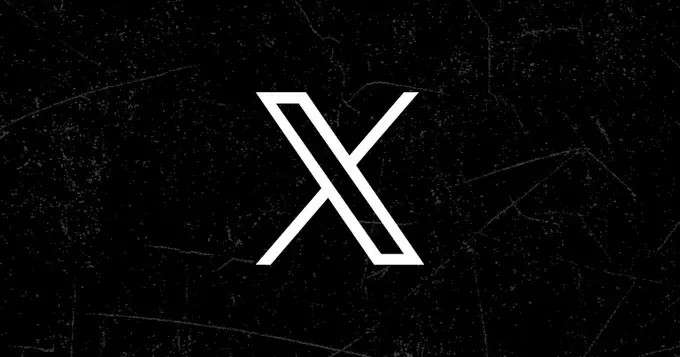As the world increasingly navigates the uncharted waters of digital regulation, a seismic clash between the European Union and the United States seems inevitable. The latest flashpoint in this escalating tension is centered around Elon Musk’s social media platform, X, which faces the prospect of a hefty penalty estimated to be around $1 billion for violations of the EU Digital Services Act (DSA). This situation isn’t just about fines; it’s indicative of a larger narrative unfolding between two significant global actors that could reshape how digital platforms operate and are regulated.
The DSA represents a bold initiative by the EU to impose stringent regulations aimed at curbing illicit content and misinformation across digital platforms. However, the tension intensifies as the regulatory body prepares to enforce punitive measures against X. Critically, these penalties stem from the EU’s findings regarding X’s apparent failure to adequately moderate content during a period marked by escalating global tensions, notably around geopolitical conflicts such as the recent situation in Israel and Hamas.
The Complexity of Content Moderation
At the heart of the EU’s frustration lies X’s revised content moderation policy. As regulatory bodies scrutinize how misinformation can proliferate across social networks, the EU’s decision to intervene reflects a growing concern about the platform’s responsibility in preserving the integrity of information. The Commission’s investigation reveals a disturbing trend: the amplification of misleading claims, raising critical questions about the effectiveness of current moderation strategies and the larger implications for free speech.
With the DSA being a legislative landmark, its breaches by a high-profile platform like X are particularly troubling. The EU is signaling that even the ‘new guard’ of technology—embodied by Musk and his platform—must adhere to the same standards that traditional media has long been subject to. This means not just a punitive financial outcome for X but potentially altering the very nature of how digital platforms function across Europe.
The U.S. Response: A Diplomatic Tightrope Walk
As the EU prepares to wield its regulatory hammer, the U.S. response is layered with complexities, particularly in light of Elon Musk’s notable ties to political figures, including Donald Trump. The Trump Administration has made no secret of its intention to protect U.S. enterprises from what it deems unfair foreign regulations. This creates an intriguing political quandary. Will the U.S. rally behind Musk, framing the situation as an assault on American business interests, or will it adopt a more nuanced stance recognizing the EU’s regulatory intent?
Key figures within the U.S. government, such as the new chairman of the Federal Communications Commission (FCC), have expressed skepticism regarding the DSA, asserting that it contradicts the principles of free speech that are foundational to American democracy. This critique implies a potential pivot in U.S.-EU relations, creating an atmosphere ripe for conflict rather than collaboration. The stakes of this regulatory confrontation extend beyond X; they may also affect a host of other American tech companies operating in European markets.
The Financial Strain on X: A Potential Catalyst for Change?
One of the most compelling aspects of this unfolding saga is X’s precarious financial position. With advertising revenues plummeting since Musk assumed control and a recent merger with xAI signaling an urgent need for capital infusion, the prospect of facing a billion-dollar penalty is particularly daunting. There’s an irony here: Musk, often portrayed as the suave entrepreneur, might find himself cornered—not just politically, but also financially.
This financial vulnerability could lead Musk to seek a more conciliatory approach towards EU regulators, thus raising the question of whether his political affiliations will influence his corporate strategies. Will he leverage those connections to rally political support against the penalty, or will he be forced to negotiate in good faith to improve compliance and mitigate the risk of further penalties?
The Broader Implications for Digital Governance
The conflict brewing between the EU and U.S. over X is emblematic of a much larger battle over the future of digital governance. It poses vital questions about accountability, the limits of free speech in the digital era, and the power dynamics between tech giants and regulatory bodies. As jurisdictions grapple with the intense realities of cyberspace, Musk’s situation underscores immediate concerns regarding the effectiveness of existing regulatory frameworks.
This scenario is not simply about penalties or political affiliations; it is a harbinger of the tides of change that could redefine the digital landscape. Therein lies the challenge: establishing a framework that balances innovation with responsibility, all while navigating the choppy waters of international relations. The impending ramifications of X’s confrontation with EU regulators could provide critical lessons for all global platforms operating within the complexities of varied regulatory environments.


Leave a Reply